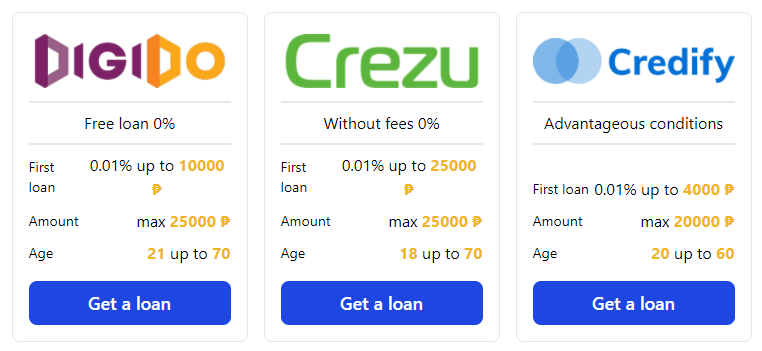Debt consolidation can be a helpful strategy for managing your finances and getting out of debt. It involves combining multiple debts into a single payment, usually with the goal of securing a lower interest rate or reducing monthly payments. However, like any financial decision, debt consolidation has its pros and cons. It’s important to carefully consider the drawbacks before deciding if it’s the right move for you.
The Drawbacks of Debt Consolidation
While debt consolidation can provide relief from overwhelming debt, there are situations where it may not be a practical idea. Here are some scenarios to consider:
1. When You Think It Will Eliminate All Your Debts
One common misconception about debt consolidation is that it will magically eliminate all your existing debts. When you roll your debts into a single payment, it’s easy to feel a sense of freedom from debt. However, this dangerous thinking may lead you to take on additional loans or credit card debt, ultimately worsening your financial situation. It’s important to remember that debt consolidation is not a magic solution, but rather a tool to help you manage your debts more effectively.
2. When Fees are a Burden
Debt consolidation loans often come with fees that can add to your overall debt burden. For example, if you transfer your outstanding credit card debt to another card, you may have to pay balance transfer fees. Additionally, there may be other related expenses such as annual fees and closing costs. It’s also important to note that there is no guarantee that a debt consolidation loan will have lower interest rates. The interest rate will depend on your lender and your credit score. In some cases, your monthly payments may even have a higher interest rate. If you choose to pay less every month, the term of your debt consolidation loan will likely be extended, resulting in more interest paid in the long run. It’s crucial to carefully consider the fees and interest rates associated with debt consolidation before making a decision.
Furthermore, if you have a history of missing payments, debt consolidation may not be the best option for you. Late payment fees can quickly accumulate and make your debt situation even worse.
3. When Your Debt is Small and Manageable
Debt consolidation usually works best for larger debts that are difficult to manage on their own. If you have a single debt that you can pay off within a few months, it may not be necessary to pursue debt consolidation. This can also apply to zero-interest purchases made using your credit card. As long as you are mindful of your due dates and avoid penalties, you may be able to handle these smaller debts on your own without the need for consolidation.
In conclusion, debt consolidation can be a useful tool for managing your debts, but it’s not always the right move for everyone. It’s essential to carefully consider the potential drawbacks, such as unrealistic expectations, fees, and the size of your debt, before deciding if debt consolidation is the best strategy for your financial situation.
